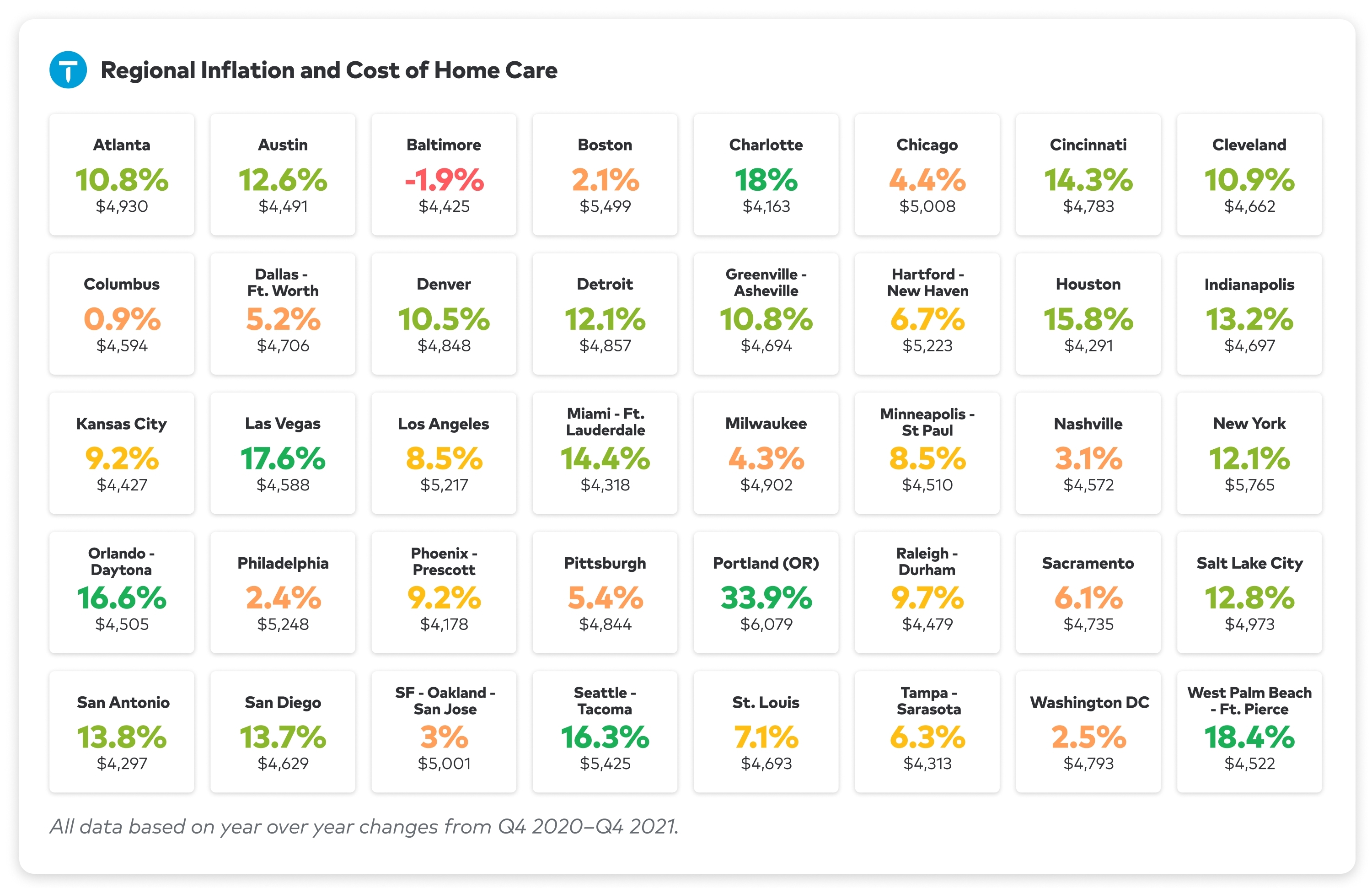
Introduction:
Owning a home is a rewarding experience, but it comes with its fair share of responsibilities, including managing house maintenance costs. From routine upkeep to unexpected repairs, the financial aspect of maintaining a home can be daunting. However, with some essential budgeting tips, homeowners can navigate these expenses effectively and ensure their homes remain in tip-top shape without breaking the bank.
Assessing Your Maintenance Needs:
The first step in managing house maintenance costs is to assess your home’s maintenance needs. Take stock of both routine maintenance tasks and potential repairs that may arise in the future. By identifying areas that require attention, you can prioritize your spending and allocate your budget more effectively.
Creating a Maintenance Budget:
Once you have a clear understanding of your maintenance needs, it’s time to create a budget. Start by setting aside a portion of your monthly income specifically for house maintenance expenses. Consider factors such as the age and condition of your home, as well as any anticipated repairs or upgrades. Having a dedicated maintenance budget ensures that you’re financially prepared for any unforeseen expenses that may arise.
Prioritizing Maintenance Tasks:
Not all maintenance tasks are created equal, and it’s essential to prioritize them based on urgency and importance. Focus on addressing critical issues first, such as leaky roofs or faulty plumbing, to prevent them from escalating into more significant problems. Once essential repairs are taken care of, you can allocate funds to less urgent tasks, such as cosmetic upgrades or landscaping projects.
Saving for Future Repairs:
In addition to budgeting for routine maintenance, it’s crucial to set aside funds for future repairs and replacements. Major home components such as HVAC systems, water heaters, and roofing have a limited lifespan and will eventually need to be replaced. By saving a little each month, you can build a reserve fund to cover these expenses when the time comes, reducing the financial burden on your household.
Exploring DIY Options:
While some maintenance tasks require professional assistance, many can be tackled through DIY efforts. Learning basic repair and maintenance skills can save you a significant amount of money in labor costs over time. Consider investing in quality tools and resources to help you tackle common household repairs and maintenance tasks yourself. However, it’s essential to know your limits and enlist professional help for tasks that are beyond your skill level.
Comparing Quotes and Negotiating Prices:
When hiring contractors or service providers for maintenance and repairs, don’t be afraid to shop around and compare quotes from multiple sources. Look for reputable professionals who offer competitive pricing and transparent billing practices. Additionally, don’t hesitate to negotiate prices or ask for discounts, especially for larger projects. Many contractors are willing to work with homeowners to find a mutually beneficial solution that fits within their budget.
Taking Advantage of Maintenance Plans:
Some service providers offer maintenance plans or memberships that provide discounted rates on routine maintenance services. These plans typically include regular inspections, tune-ups, and discounts on repairs or replacements. While there may be an upfront cost associated with these plans, they can often save homeowners money in the long run by preventing costly repairs and extending the lifespan of critical home components.
Staying Proactive and Preventative:
Finally, the best way to manage house maintenance costs is to stay proactive and preventative. Regularly inspecting your home for signs of wear and tear, performing routine maintenance tasks, and addressing issues promptly can help prevent minor problems from turning into major repairs. By staying ahead of maintenance tasks, you can minimize the overall cost of maintaining your home and ensure its long-term durability and value.
Conclusion:
Managing house maintenance costs is a critical aspect of homeownership, but it doesn’t have to be overwhelming. By assessing your maintenance needs, creating a budget, prioritizing tasks, and exploring cost-saving strategies, you can effectively manage maintenance expenses and keep your home in excellent condition for years to come. With these essential budgeting tips, homeowners can take control of their maintenance costs and enjoy peace of mind knowing that their homes are well cared for. Read more about house maintenance cost
